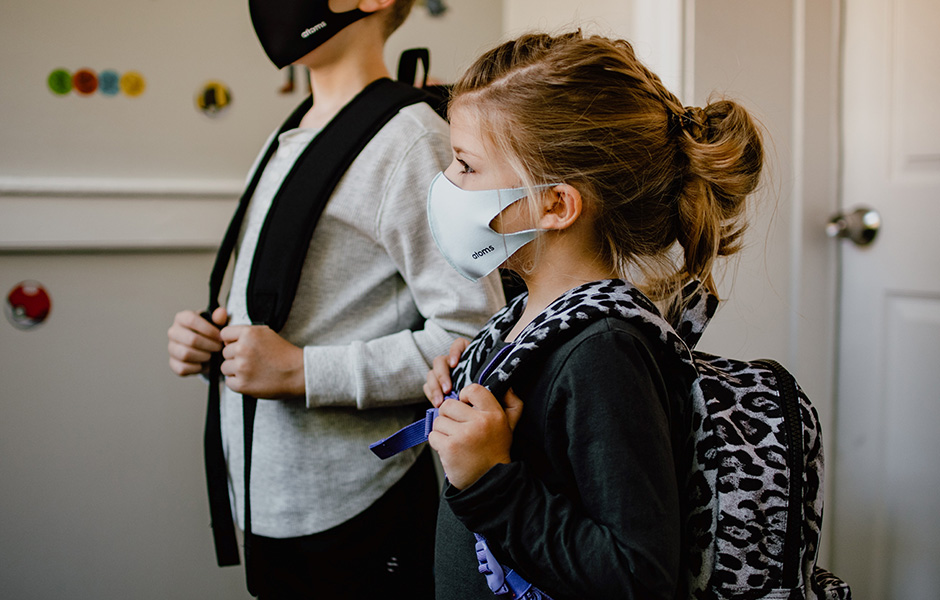Asthma does not seem to be a risk factor for COVID-19 in children, even in those who are also obese. Contrary to what was believed at the beginning of the pandemic, allergic asthma can protect against SARS-CoV-2 infection
This is the conclusion of a study carried out by a team of researchers from CINTESIS – Center for Health Technology and Services Research and the Faculty of Medicine of the University of Porto (FMUP), published in the International Journal of Environmental Research and Public Health.
These data, which result from a review of scientific articles published worldwide, make it possible to breathe with relief. In fact, studies conducted so far indicate that children with asthma, and children with atopy (more prone to allergies), are not more affected by COVID-19.
“We wondered whether asthma alone will be a protective factor against COVID-19. There are some possible explanations for this, such as the reduced expression of receptors for the SARS-CoV-2 virus, the protective role of eosinophils (cells of the immune system involved in asthma) present in the airways, and the antiviral and immunomodulatory properties of the medication inhaled (corticosteroids)”, explain José Laerte Boechat and Luís Delgado, researchers at CINTESIS and FMUP.
This apparent protection of asthmatic children against the new coronavirus occurs even in children who are simultaneously obese, although obesity is considered an independent risk factor for infection in different age groups.
Children without symptoms can be vectors of coronavirus transmission
But it’s not all good news. If it is true that children, with or without asthma, are not at greater risk and are less likely to develop symptoms, it is also true that they continue to transmit the virus, even when they are asymptomatic.
This risk has set the alarm bells ringing in several countries, especially when considering returning to face-to-face classes. “Returning to school raises serious concerns, as children without symptoms can act as vectors for the spread of the disease at school and in the family”, warn the researchers.
Although the subject is controversial, these experts argue that the identification of asymptomatic children should be part of the strategy against COVID-19, through screening actions, particularly in cases of outbreaks.
With regard to children with asthma, they consider that the focus should be on controlling the disease, promoting adherence to medication, and stratifying individual risk. “Only then will children with asthma be able to return to school safely,” they say.
Children with severe or uncontrolled asthma should continue to be considered as a risk group for the development of severe forms of COVID-19.
The researchers also say that vaccinating children against SARS-CoV-2 should be a “critical step” in combating the pandemic, both for their own protection and to support group immunity. For now, remember, most vaccines did not include children in trials.

